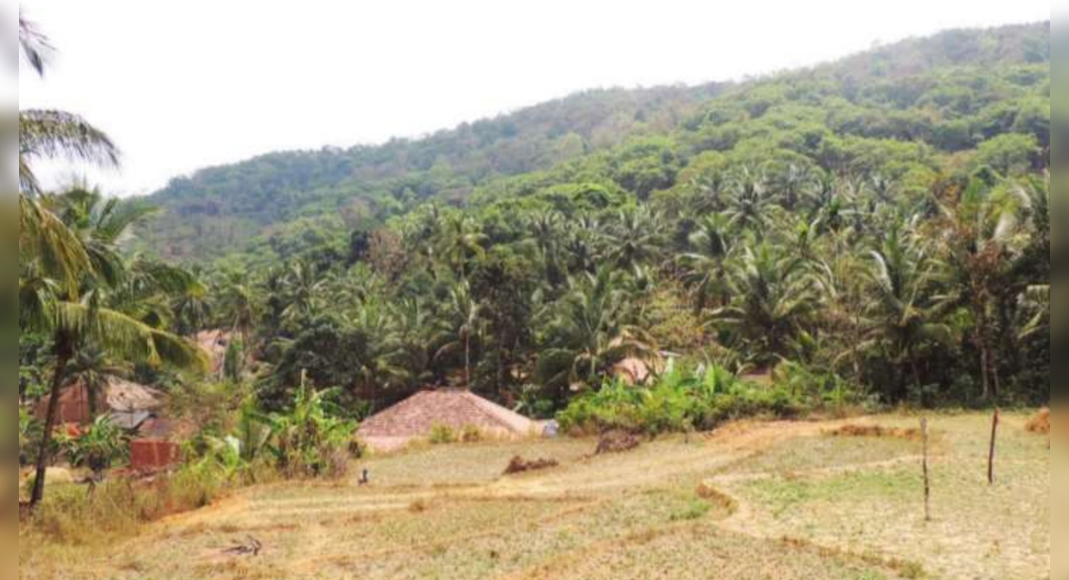PANAJI: Botanist professor Nandakumar Kamat, on Saturday warned that if the indiscriminate harvesting of the local mushroom variety, the roen olmi, in Goa is not stopped, the next pandemic can be triggered from the Western Ghats. He was speaking at a Goa State Biodiversity Board (GSBB) event to mark World Biodiversity Day. Kamat, a consultant to GSBB on microbial biodiversity, appealed to the people of Goa not to encourage consumption of the seasonal termitomyces mushrooms, locally known as roen olmi. “If we do not stop the indiscriminate harvest of these mushrooms, we are headed towards another pandemic starting from the Western Ghats,” he said, explaining briefly how the disease agents are contained by the forest ecosystems. He said our destructive actions can lead to epidemics and pandemics. Kamat also stressed on the need to document the different uses of microbes in day to day activities and on why we should not to tamper with our ecology and environment, especially within the context of the ongoing pandemic. He said measures need to be taken to safeguard future generations from any further pandemics by ensuring that we conserve our environment and biodiversity. Wild, edible mushrooms, locally known as ‘roen olmis’, make an appearance in Goan markets within a few weeks of monsoons hitting the state. The ‘roen olmis’, called so because they grow on anthills (‘roen’ in Konkani) are considered a must-eat seasonal delicacy by the people of the state. But, scientist Dr Nandkumar Kamat, among the rare researchers to have spent 32 years unraveling the mysteries of this termitomyces species, warns that Goans by overharvesting this mushroom variety are digging the proverbial grave for Goa’s ecology. The species and the ecology it supports have evolved over a period of 400 million years, according to researchers.







